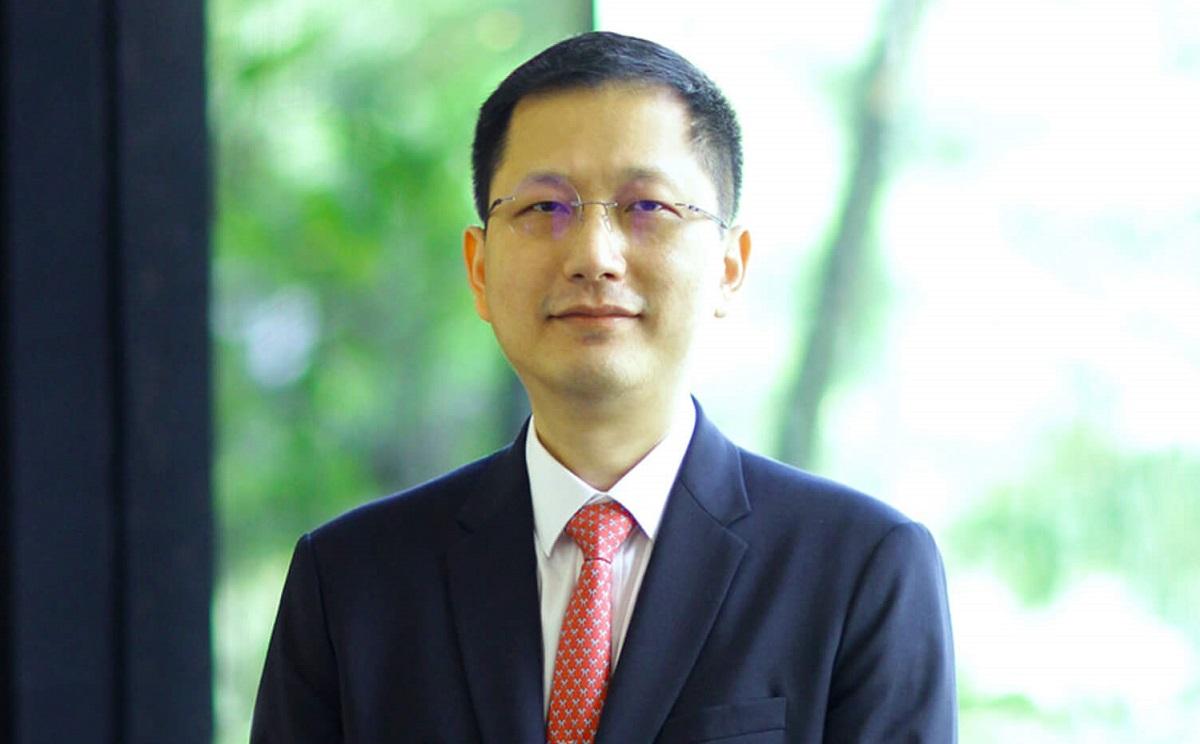Antonio Tiu eyes corn plantation after stepping down from Makati subway builder

Agri-entrepreneur Antonio Tiu is eyeing to expand his agriculture business following his decision to step down as the chief of the company building the Makati City Subway.
In a roundtable interview with reporters on Wednesday, Tiu confirmed that he resigned as director, president and CEO of Philippine Infradev Holdings Inc. “to focus on the agriculture sector to help address what has now become the most pressing need of our country: food security.”
Philippine Infradev and its Chinese partners Greenland Holdings Group, Jiangsu Provincial Construction Group Co. Ltd. Holdings Ltd., and China Harbour Engineering Company Ltd. were awarded the public-private partnership deal to undertake the Makati City Subway project by the Makati City government in 2019.
With his resignation from Philippine Infradev, Tiu said he is expanding his listed AgriNurture Inc. (ANI) with a plan to invest P2.6 billion for a 20,000-hectare corn plantation.
“My main focus right now is to grow ANI’s revenue, to improve the profitability, to bring in new projects, and to be a major participant in solving the food security issues of the country,” he said.
The businessman said ANI is borrowing P2 billion from the Development Bank of the Philippines and earmarking P600 million in equity to bankroll the corn plantation project.
Tiu said the company has long been preparing to develop a 20,000-hectare corn plantation in Bansalan, Davao del Sur to produce a blend of rice and corn grains or “bigas-mais” to lessen the need to import rice.
“We tend to import rice because it is readily available in the global market. However, as the pandemic has shown us, there are times when you cannot ensure food security even if you have money,” Tiu said.
The businessman said that it takes more than 3,000 liters of water to produce one kilogram of palay or unmilled rice, thus the Philippines cannot be competitive in rice production because of a shortage of a large water supply like Vietnam’s Mekong River.
“For corn, it is less than 900 liters, sometimes 800 liters, so it’s less than a third or even one fourth of the water footprint of rice. Corn is thus more suitable for the Philippine set-up,” Tiu said.
“We will be using hybrid corn seeds and we’ll be using modern technology so we can produce about 10 to 15 metric tons per hectare per year or a total of 200,000 to 300,000 tons of corn per year,” he said.
Apart from the Bansalan site, Tiu said ANI still has other areas that it wants to develop on such as the penal colonies or those abandoned by indigenous peoples for corn production.
He said that ANI’s goal is to be able to produce one million metric tons of corn a year in three years time. — BM, GMA Integrated News




